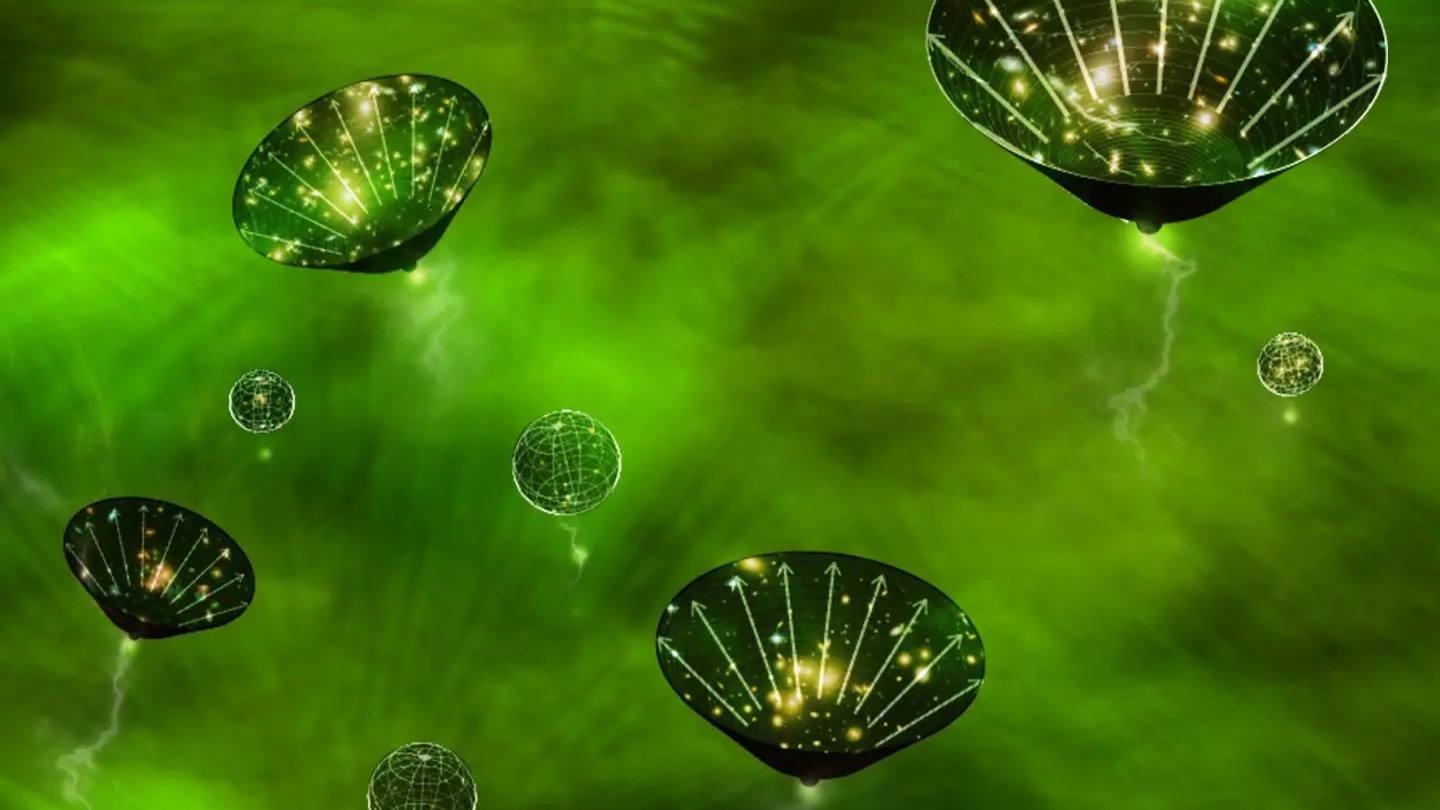For now, only the wealthy have access.
Question: What are the risks of access to genetic information?
Spencer Wells: We are entering a realm or an era like it or not of personal knowledge of your own genome in the next 5 to 10 years, I suspect, I very strongly suspect. As a matter of course educated people in western countries, i.e. people who have access to these resources and its relatively expensive right now but it will get cheaper and cheaper over time. People in these places will have access to their own genetic code, they’ll understand their risks of various diseases, they’ll know more about their ancestry, all these other things. But it’s really the disease stuff that I think gets people a little bit concerned that’s because ancestry is, you know, it’s one part of who you are, it’s what you’ve inherited, these genetic markers that don’t necessarily affect any phenotypic trait the way you appear in a disease state, whatever it is. They simply connect you with your ancestors and so, you know, I think that’s a story that in a way people can kind of accept. But the medically relevant genetic traits that are being tested for now by some of the companies and more and more that’s gonna move into the clinic and you’re gonna get it done when you go to visit your doctor very early on in life very likely. That tells you about your future, that’s not just about where you came from, that’s about where you might be going and I think that’s what scares people a little bit about this. Now what people should understand and we as geneticists I think, you know, we have to take it upon ourselves to educate people about why this is important and why it’s worth doing. These are not genetic variants that for the most part are a death sentence okay. Yes there are genetic variants that have, you know, 100% penetrance if have them you are definitely gonna come down with a particularly nasty disease, whatever, those are relatively rare. For the common diseases, the ones that affect most people that most people will be afflicted by in their lifetimes, cancer, diabetes, hypertension, stroke, etc. For those disorders the genetic variants are a little bit iffier, i.e. you’re carrying a variant but it doesn’t mean that you have a 100% chance of coming down with the disease, it just increases your risk and in fact you can modulate that risk, you can reduce it by changing your lifestyle. So if you’ve got a lot of genetic variants that predispose to obesity, if you’re really careful about what you eat and you exercise a lot, you can probably avoid that that’s the power of the genetic knowledge, it’s not the idea that it’s gonna tell you what your future definitely will be. It tells you one possibility that you can choose to change, you can take your life into your own hands and you can change your behavior, you can modulate your risk. So if you’re tested when you’re 3 years old, 5 years old, 10 years old, whatever it is, you can actually live your life in such a way that you could probably reduce, mitigate those risks to a large extent. Potentially in the future there might be drugs you could take that would help to reduce those risks. But the idea is that this is meant to be empowering information, it’s not meant to take away your choice, I think that’s the fear, it’s this idea that you’re gonna get a test result and it’s gonna kind of force you into a corner, you’re not gonna have any choice, this is what you’re gonna die of, like you’re gonna get a little certificate that says you’re gonna die at age 62 on April the 17th of this particular disorder, no it’s not like that at all. It tells you about your relative risks, relative to everybody else and I think that is, you know, something that’s tremendously powerful and I think that future generations, our children’s generation, my daughter’s generation or perhaps their kids will look back on this era and say “I can’t believe that people were debating this, I mean honestly, how could they live their lives blindly, knowing that there were risks out there.” You know, think about parents these days, women who are in their 40s who decide to get pregnant and they want to test the fetus to see if it has Down syndrome or another trisomy or whatever it might be, a genetic problem, which we know the risks of because we know that older women have higher risks into these things. So women choose not to get tested but most do get tested, they want to know what those risks are. I think that people will have a similar view in the future of broad genome scanning, knowing your overall risks of all these common diseases. I don’t think it’s a bad thing, I think again it’s a very empowering thing.
Recorded on: 5/22/08





